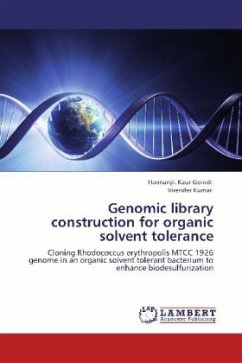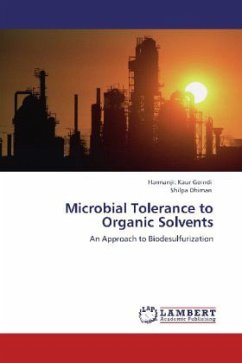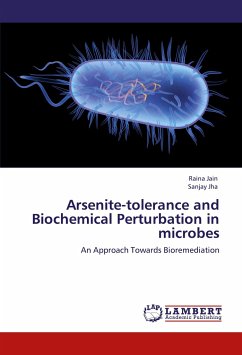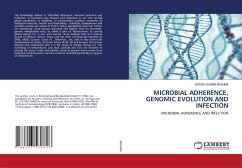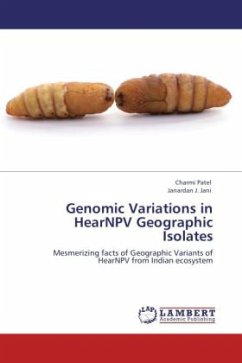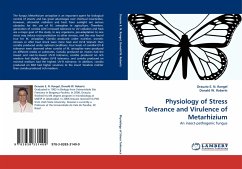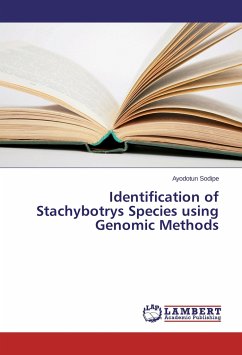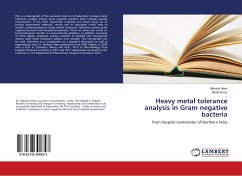Biodesulfurization (BDS) of fossil fuels has emerged as a promising alternative to the conventional hydrodesulfurization process for containment of sulfur oxide emissions during fuel combustion. The 4S pathway is a sulfur specific pathway that removes the sulfur atom from the recalcitrant organosulfur compounds present in fossil fuel fractions like diesel by oxidation. The end product is a sulfurless molecule, 2-hydroxybiphenyl. Though the process is very specific, however, speculations as to the bacterium s organic solvent tolerance for effective BDS process are justified. This book focuses on the construction of genomic library of a biodesulfurizing bacterium in an organic solvent bacterium in an effort to enhance biodesulfurization of a model compound dibenzothiophene, by the recombinant bacterium.

